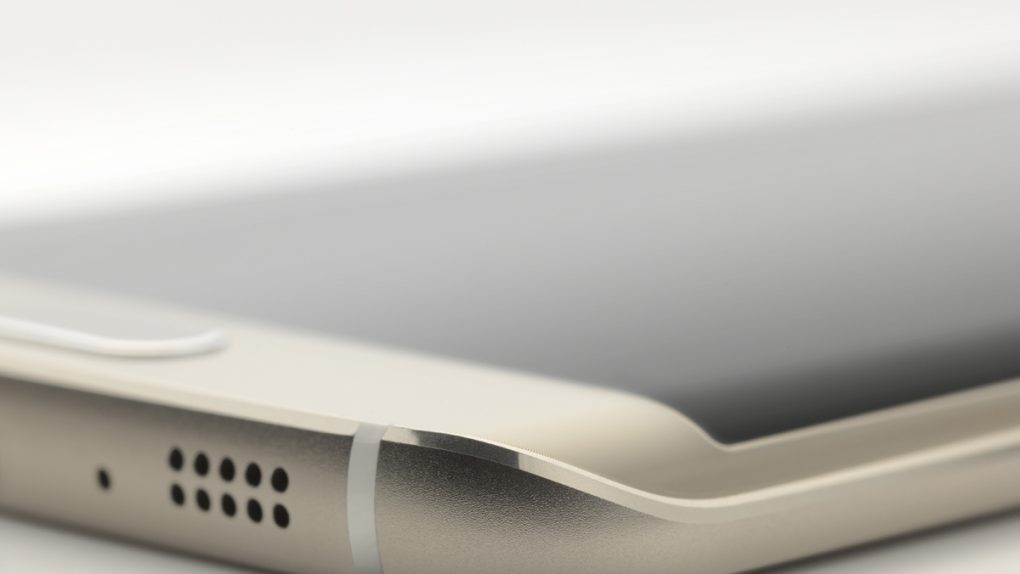For the first time ever in a Galaxy S model, Samsung opted not to offer buyers removable storage, causing some concerns among hardcore Android fans who see microSD expansion as a must-have feature in a phone. The simplest explanation of why Samsung chose to ditch the microSD slot from its Galaxy S6 design might be that the company significantly slimmed down the profile of the smartphone, and decided to use all the remaining space inside it for increasing battery capacity.
But there’s one other, more important reason why microSD storage isn’t an option for Galaxy S6 and Galaxy S6 edge.
FROM EARLIER: The best accessory you can’t use with your Galaxy S6 or Galaxy S6 edge
As hinted in the days preceding the official Galaxy S6 announcement event, Samsung is using a new type of memory for the phone’s storage and that’s UFS 2.0, which is capable of bringing SSD-like data speeds to the smartphone. It also outperforms the fastest eMMC 5.0 memory found in other devices.
In order to offer users a seamless experience, Samsung has apparently decided to mix UFS 2.0 storage with microSD cards, as the latter is a lot slower. GSMArena performed actual storage benchmark tests on the Galaxy S6, finding that Samsung’s new UFS 2.0 memory is indeed on par with expectations.
Using AndroBench, the publication measured read and write performance of sequential and random operations on the Galaxy S6 and other top flagships, including current and previous models, but also on microSD cards.
In tests, the Galaxy S6 performed even better at random read than advertised – Samsung said the Galaxy S6’s UFS 2.0 should be 2.7 times faster than the Galaxy S5’s memory, and tests actually revealed a 3.25x performance increase.
Most interestingly, the tests showed that the Galaxy S6’s blazing fast storage speeds would be crippled by microSD usage. In the same random read test, microSD memory inside the Galaxy Note 4 and the Galaxy S5 performed more than 10 times slower than UFS 2.0.
A graph showing the Galaxy S6’s random read test against other devices and microSD memory follows below.




